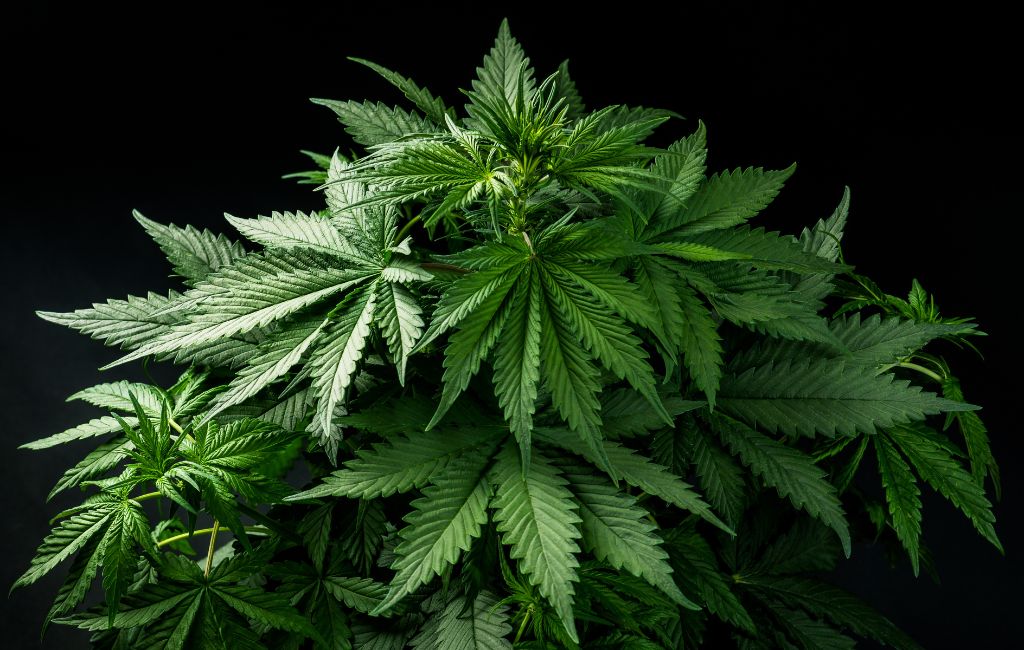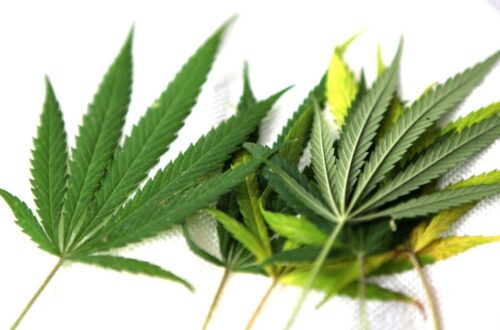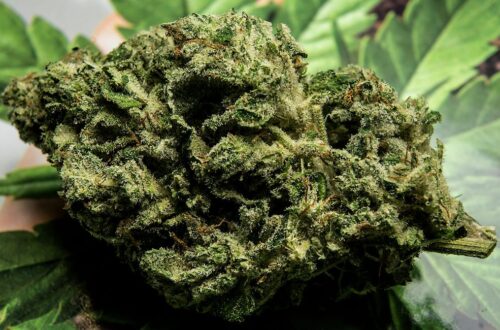THCa Flower as Raw Cannabis for Health and Wellness
The world of cannabis is vast and varied, with numerous compounds offering different benefits. One such compound gaining attention is THCa, or tetrahydrocannabinolic acid. Unlike its more famous counterpart THC, THCa is non-psychoactive, making it an intriguing option for those seeking the therapeutic benefits of cannabis without the high. This article explores the potential health and wellness benefits of THCa flower as raw cannabis, its uses, and the science behind it.
Understanding THCa: The Basics
THCa is a cannabinoid found in raw and live cannabis plants. It is the precursor to THC, the compound responsible for the psychoactive effects of cannabis. When cannabis is heated through smoking, vaping, or cooking, THCa converts to THC through a process called decarboxylation. In its raw form, THCa does not produce a high, which makes it appealing for therapeutic use.
Potential Health Benefits of THCa
Research into THCa is still in its early stages, but preliminary studies and anecdotal evidence suggest several potential health benefits:
- Anti-inflammatory Properties: THCa may help reduce inflammation, which can be beneficial for conditions like arthritis and other inflammatory diseases.
- Neuroprotective Effects: Some studies indicate that THCa might protect brain cells, potentially offering benefits for neurodegenerative diseases such as Alzheimer’s and Parkinson’s.
- Anti-emetic Effects: THCa has shown promise in reducing nausea and vomiting, which could be helpful for patients undergoing chemotherapy.
- Appetite Stimulation: Like THC, THCa may help stimulate appetite, which can be beneficial for individuals with conditions that cause appetite loss.
THCa in the Wellness Industry
The wellness industry is increasingly embracing THCa for its potential benefits. Products such as raw cannabis juices, smoothies, and tinctures are becoming popular among health-conscious consumers. These products allow individuals to incorporate THCa into their diets without the psychoactive effects of THC.
Case Studies and Real-World Examples
Several case studies highlight the potential of THCa in real-world applications:
- Arthritis Relief: A study involving patients with arthritis found that those who consumed raw cannabis juice reported reduced pain and improved mobility.
- Parkinson’s Disease: Anecdotal reports from patients with Parkinson’s suggest that THCa may help reduce tremors and improve overall quality of life.
- Chemotherapy Support: Patients undergoing chemotherapy have reported that THCa helps manage nausea and maintain appetite, improving their overall treatment experience.
The Science Behind THCa
Understanding the science of THCa involves exploring its interaction with the body’s endocannabinoid system (ECS). The ECS plays a crucial role in maintaining homeostasis, regulating functions such as mood, appetite, and immune response. THCa interacts with the ECS differently than THC, which may explain its unique therapeutic properties.
Research suggests that THCa may bind to certain receptors in the ECS, influencing inflammation and neuroprotection. However, more studies are needed to fully understand these interactions and their implications for health and wellness.
Legal Considerations and Accessibility
The legal status of THCa varies by region, as it is often classified alongside THC. In areas where cannabis is legal, THCa products are more readily available. Consumers should be aware of local regulations and ensure they are purchasing from reputable sources to guarantee product quality and safety.
Conclusion
THCa flower offers a promising avenue for those seeking the health benefits of cannabis without the psychoactive effects. While research is still developing, the potential anti-inflammatory, neuroprotective, and anti-emetic properties of THCa make it an exciting option in the health and wellness sector. As the legal landscape evolves and more studies emerge, THCa may become a staple in holistic health practices.





